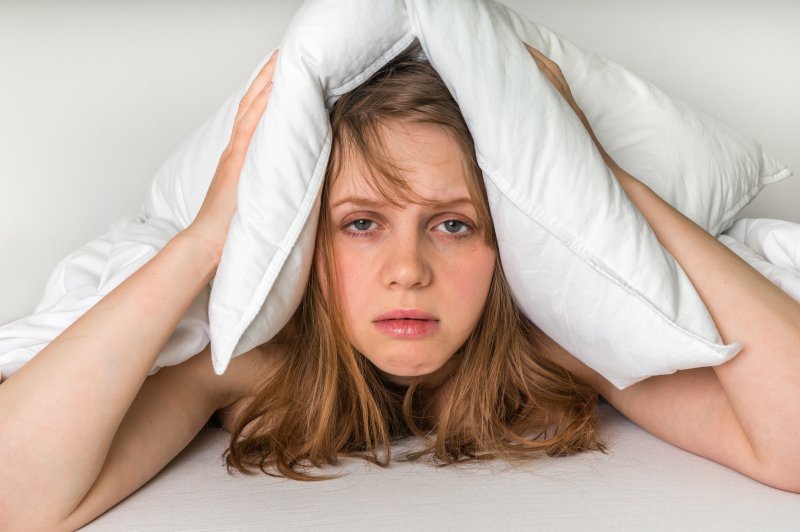
It is truly amazing how sleep can impact your mind and body. When you have a restful night, you can wake up energized and ready for the day ahead, but when you suffer from a night of tossing and turning or an inability to get more than a few hours of decent rest, it can take its toll in more ways than one. In fact, a lack of sleep has effects on gut health and other areas of the body you may have never imagined. Take some time to read about the real impact sleep deprivation can cause and what you can do about it.
Less Sleep = Poor Gut Health
When talking about sleep, what part of the body comes to mind? If you answered, “the brain,” you would be correct, but you might be surprised to learn how much your sleeping patterns can be intertwined with the rest of your body. Would you believe that your brain and gut health are very closely connected? You should, and we’re going to explain why.
Researchers from the Campalimaud Centre for the Unknown in Lisbon, Portugal, recently discovered a group of cells that are contributors to gut health and are controlled by the brain’s circadian clock. When studying how chronic fatigue and sleep deprivation negatively affect a person’s overall health, they found that people who work at night or have altered sleep habits are more likely to experience bowel inflammatory conditions. The reason: your gut health is heavily influenced by the brain and its ability to control a cell’s “clock.”
The body’s cells all have a small internal clock that essentially tells it when to eat, sleep, etc. As the brain uses its ability to disseminate daytime from nighttime, it is supposed to alert these cells to synch up, so everything works like a well-oiled machine. Unfortunately, if the cell clocks are off, this is what can lead to problems in the intestines and other areas of the body. When cells that are meant to fight off infection and control gut health are altered, inflammation can occur and an increase in fat accumulation can occur.
Treatment Options for Better Overall Health
While you might not be able to control what time of day you work, there are things you can do to ensure you’re getting enough sleep and your overall health isn’t compromised. The first step is to see a sleep dentist if you fear you are suffering from sleep apnea. You can always take a sleep quiz to help you determine if you have it. It will also be important to have an official sleep study conducted in order to obtain a proper diagnosis. Once that is achieved, you and your sleep dentist can discuss available treatment options, which might include:
- CPAP therapy
- Oral appliance therapy
- Natural sleep aids
- Prescription medication
- Good sleep hygiene
No matter what type of treatment you pursue, it is best to seek it sooner rather than later. We know you’re tired of walking around fatigued, and if your body is experiencing the negative effects of your inability to sleep, you can’t afford to wait any longer for a viable solution. Talk to your sleep dentist today about what you can do to start getting a good night’s rest and improve your overall health.
About the Author
When chronic fatigue keeps an individual from resting, it can negatively impact their overall well-being. This is where Dr. Shelley Shults comes in. As a board-certified registered nurse, general dentist, family nurse practitioner, and dental sleep medicine practitioner, she graduated from Wichita State University with a bachelor’s degree in Nursing before going on to spend years working in a variety of nursing fields. In 2001, she graduated from The Ohio State University with a Doctor of Dental Surgery degree before receiving her MATRx certification in sleep apnea in 2013.
Dr. Shults offers a variety of solutions to help her patients achieve better sleep and improved health. To learn more, contact us at (614) 396-9310.
